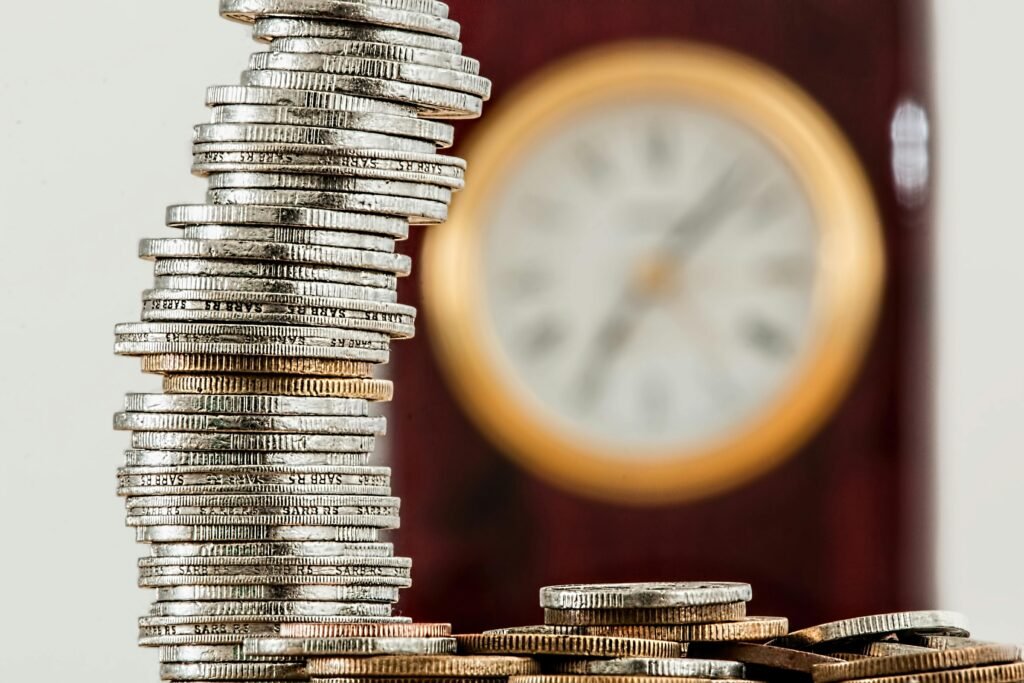Let’s be real: most of us weren’t taught how to feel good about money. We were taught how to spend it, stress about it, or avoid thinking about it until it became a problem. But here’s the truth:
Your relationship with money matters.
And like any relationship, it takes intention, healing, and a little unlearning.
This post isn’t about budgeting apps or side hustles. It’s about shifting your mindset, understanding your habits, and starting to feel empowered when you think about money — not anxious, guilty, or overwhelmed.

Step 1: Acknowledge the Money Stories You’ve Been Told
Maybe you grew up hearing…
- “Money doesn’t grow on trees.”
- “We can’t afford that.”
- “Rich people are greedy.”
- “You have to work yourself to death to succeed.”
These beliefs sneak in and shape how you treat money without you even realizing it. So, take a second and ask yourself:
What’s your default emotion when you think about money?
Excitement? Fear? Guilt? Avoidance?
You can’t change your money habits until you understand the why behind them.
Step 2: Learn to See Money as a Tool
Money isn’t good or bad. It’s not proof of how “smart” or “worthy” you are. It’s just a tool.
A tool that can:
- Help you take care of yourself and your people
- Create freedom in how you spend your time
- Open doors to experiences and growth
Instead of judging yourself for what you don’t have yet, try asking:
“How can I use what I have now to move toward the life I want?”
Step 3: Get Comfortable Looking at Your Money
Most people avoid looking at their bank account. But here’s the thing:
Avoiding your money doesn’t make it any better.
Facing it doesn’t make it worse.
Start small:
- Check your balance daily (without judgment)
- Review your spending once a week
- Write down your income and expenses just to see where it’s going
Money clarity = money confidence.
Step 4: Shift From “I’m Bad with Money” to “I’m Learning”
You are not doomed to be bad with money forever.
You’re just in the process of learning — and learning takes time.
Would you expect to be fluent in a new language after one lesson? No.
So don’t expect to be a financial genius after one good decision.
Every dollar you save, every decision you make with intention, is a step forward. Try this amazing book You Are a Badass at Making Money!
Step 5: Start Thinking Creatively About How You Make Money
Money doesn’t only come from one job, one path, or one paycheck. You can:
- Offer a service you’re good at
- Sell things you no longer use
- Monetize a hobby
- Build something small that grows over time
When you stop thinking “I’ll never have enough,” and start asking “What can I create or offer?” — the game changes. Money becomes something you participate in, not something that happens to you.
Don’t know how to make money? Check out my post Lazy Girl Side Hustles That Make $500/month.
Step 6: Celebrate the Small Wins
- Saved $10? Celebrate.
- Paid off a little debt? Celebrate.
- Said “no” to a spending impulse? Big win.
- Made $5 selling something online? That counts.
Progress matters more than perfection.
Celebrating even the tiniest money wins rewires your brain to see that you’re capable — and that motivates you to keep going. This is the key to a better relationship with money.
Step 7: Make Peace With Where You Are Right Now
You are not behind.
You’re not broken.
You’re not “too late.”
You’re here, reading this, learning, reflecting, growing. That’s the work.
And that is more than enough for today.

Your relationship with money doesn’t change overnight. But it can change — and when it does, everything else changes with it. Money becomes less of a monster, and more of a mirror — showing you what you value, what you believe, and what you’re capable of.
And guess what? You’re capable of a lot.
